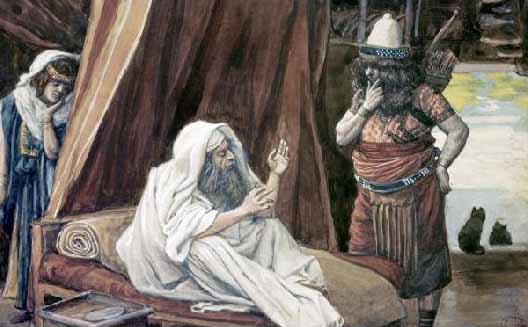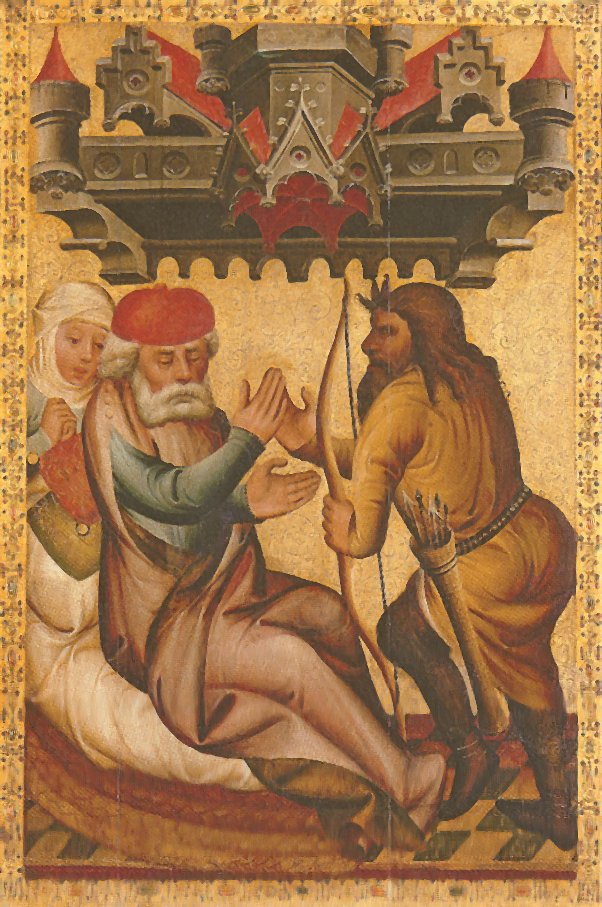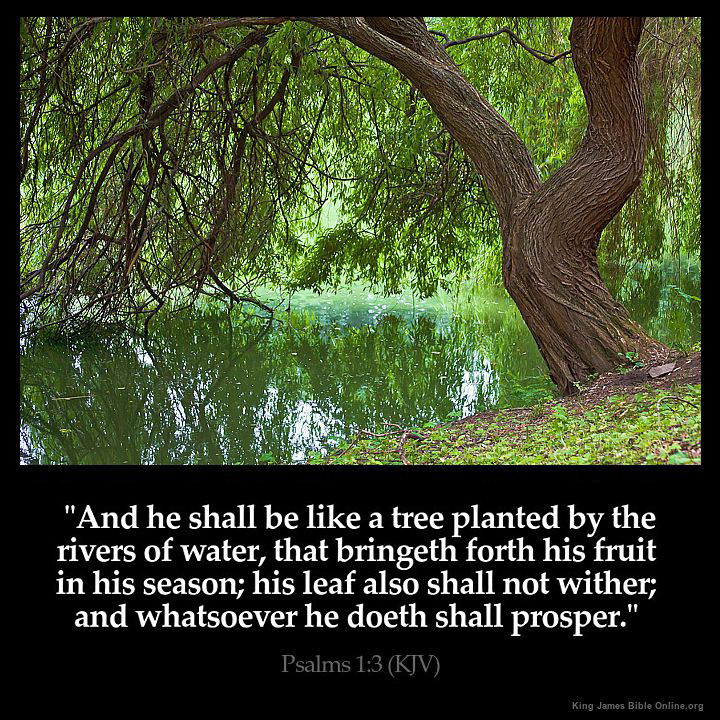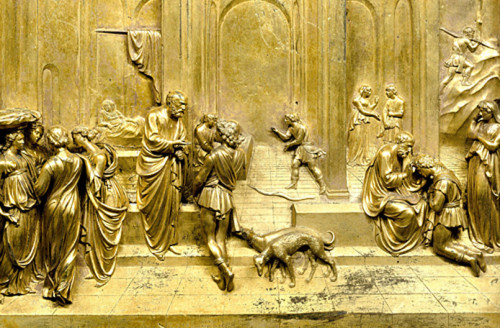First, let me apologize for my last post. These are the things I believe, but after reading it aloud, it is clear I entertained the argument without disclosing the spirit of the matter. I do not want to alienate my Arminian brothers, for that is the tradition from which I came. In the spirit of the matter, I am imploring not just the reader but myself to test what we believe against that of Holy scripture. Where my heart can so easily deceive me, the scripture itself cannot lie. It is not for God's word to conform to my opinion but rather for me to take the whole counsel of God and conform to the mind of Christ.
And I brethren when I came to you, did not come with excellence of speech or of wisdom declaring to you the testimony of God. For I determined not to know anything among you except Jesus Christ and Him crucified. I was with you in weakness, in fear, and in much trembling. And my speech and my preaching were not with persuasive words of human wisdom, but in demonstration of the Spirit and of power, that your faith should not be in the wisdom of men but in the power of God. 1Corinthians2: 1-5 NKJV
I am a Christian. I believe that I was a sinner, as was pointed out to me by Holy Scripture.
Now we know that whatever the law says, it says to those who are under the law, that every mouth may be stopped, and all the world may become guilty before God. Therefore by the deeds of the law no flesh will be justified in His sight, for by the law is the knowledge of sin. But now the righteousness of God apart from the law is revealed, being witnessed by the Law and the Prophets, even the righteousness of God, through faith in Jesus Christ, to all and on all who believe. For there is no difference; for all have sinned and fall short of the glory of God, being justified freely by His grace through the redemption that is in Christ Jesus, whom God set forth as a propitiation by His blood, through faith, to demonstrate His righteousness, because in His forbearance God has passed over the sins that were previously committed, to demonstrate at the present time His righteousness, that He might be just and the justifier of the one who has faith in Jesus. Romans 3:19 - 26 NKJV
And so the law was my teacher, revealing to me the righteousness of God, and the inadequacy of my own righteousness. The law was not weak in it's declaration, but pointed to my inherent inability to attain righteousness. It pointed me to Christ.
Where is boasting then? It is excluded. By what law? Of works? No, but by the law of faith. Therefore we conclude that a man is justified by faith apart from the deeds of the law. Or is He the God of the Jews only? Is He not also the God of the Gentiles? Yes, of the Gentiles also, since there is one God who will justify the circumcised by faith and the uncircumcised through faith. Do we then make void the law through faith? Certainly not! On the contrary, we establish law. Romans 3:27-31 NKJV
In the old testament, our sin was revealed along with our inability to stand before a righteous judge. Only the priest could enter the house of the Lord.
All the people shall be in the courts of the house of the Lord. But let no one come into the house of the Lord except the priests and those of the Levites who serve. They may go in, for they are holy; but all the people shall keep the watch of the Lord. 2 Chronicles 23: 5b - 6 NKJV
This painted the picture of One who would enter for many on their behalf, and pay the price of all, so that all who believe could enter through Him.
And according to the law almost all things are purified with blood, and without shedding of blood there is no remission. Therefore it was necessary that the copies of the things in the heavens should be purified with these, but the heavenly things themselves with better sacrifices than these. For Christ has not entered the holy places made with hands, which are copies of the true, but into heaven itself, now to appear in the presence of God for us; not that He should offer Himself often, as the high priest enters the Most Holy Place every year with blood of another- He then would have had to suffer often since the foundation of the world; but now, once at the end of the ages, He has appeared to put away sin by the sacrifice of Himself. And as it is appointed for men to die once, but after this the judgment, so Christ was offered once to bear the sins of many. To those who eagerly wait for Him He will appear a second time, apart from sin, for salvation. Hebrews 9: 22-28 NKJV
We have a new High Priest who sits at the right hand of God and we have become part of the body of Christ and priest unto God.
"You are worthy to take the scroll, and to open its seals; for you were slain, and have redeemed us to God by Your blood Out of every tribe and tongue and people and nation, and have made us kings and priests to our God; and we shall reign on the earth." Revelation 5: 9&10 NKJV
We are to share the gospel.
And how shall they preach unless they are sent? As it is written: "How beautiful are the feet of those who preach the gospel of peace, who bring glad tidings of good things!" But they have not all obeyed the gospel. For Isaiah says, "Lord, who has believed our report?" So then faith comes by hearing, and hearing by the word of God. Romans 10: 15 -17 NKJV
As for doctrine, I believe it should be grounded in Holy Scripture. As to Sola Scriptura it does not denounce tradition, the organization of church or the wisdom to be gained from those who God has called as teachers and ministers. Solo Scriptura, of the anabaptist movement, denies the community of believers and is the believer and the Bible alone; Sola vs. Solo. That would defy Hebrews 10:25.
The Bible does not use the words Sola Scriptura for those that would argue the superiority of tradition.
As my Muslim, Jehovah Witness, and Mormon friends often point out, the Bible does not use the word Trinity either, as they prefer to denounce the Deity of Christ.
That's why I always ask, "do you believe the Bible is God's word?"
What led the early reformers to the doctrine of Sola Scriptura? God's word tells us that:
Faith cometh by hearing and hearing by the word of God.
All Scripture is given by inspiration of God, and is profitable for doctrine, for reproof, for correction, for instruction in righteousness, that the man of God may be complete, thoroughly equipped for every good work. 2 Timothy 3:16&17 NKJV
As for the traditions of the early church:
St. Irenaeus of Lyons (+ca.195):
We have learned from none others the plan of our salvation, than from those through whom the gospel has come down to us, which they did at one time proclaim in public, and, at a later period, by the will of God, handed down to us in the Scriptures, to be the ground and pillar of our faith.
(Against Heresies, 3:1.1, in The Ante-Nicene Fathers, Vol. I, p. 414.)
St. Athanasius (c.296-373):
The holy and inspired Scriptures are fully sufficient for the proclamation of the truth.
(Against the Heathen, I:3, quoted in Carl A. Volz, Faith and Practice in the Early Church [Minneapolis: Augsburg Publishing House, 1983], p. 147.)
St. Augustine of Hippo (354-430):
Let them show their church if they can, not by the speeches and mumblings of the Africans, not by the councils of their bishops, not by the writings of any of their champions, not by fraudulent signs and wonders, because we have been prepared and made cautious also against these things by the Word of the Lord; but [let them show their church] by a command of the Law, by the predictions of the prophets, by songs from the Psalms, by the words of the Shepherd Himself, by the preaching and labors of the evangelists; that is, by all the canonical authorities of the sacred books.
(On the Unity of the Church, 16, quoted in Martin Chemnitz, Examination of the Council of Trent, Part I [Saint Louis: Concordia Publishing House, 1971], p. 159.)
St. John Chrysostom:
Regarding the things I say, I should supply even the proofs, so I will not seem to rely on my own opinions, but rather, prove them with Scripture, so that the matter will remain certain and steadfast.
(Homily 8 On Repentance and the Church, in The Fathers of the Church, Vol. 96, p. 118.)
St. Basil the Great:
What is the mark of a faithful soul? To be in these dispositions of full acceptance on the authority of the words of Scripture, not venturing to reject anything nor making additions. For, if “all that is not of faith is sin” as the Apostle says, and “faith cometh by hearing and hearing by the Word of God,” everything outside Holy Scripture, not being of faith, is sin.
(The Morals, in The Fathers of the Church, Vol. 9, p. 204.)
St. Basil the Great:
We are not content simply because this is the tradition of the Fathers. What is important is that the Fathers followed the meaning of the Scripture.
(On the Holy Spirit, 7:16.)
St. John of Damascus (c.675-c.749):
It is impossible either to say or fully to understand anything about God beyond what has been divinely proclaimed to us, whether told or revealed, by the sacred declarations of the Old and New Testaments.
(On the Orthodox Faith, I:2, in The Fathers of the Church, Vol. 37.)
Again, I am a Christian, and I believe that Salvation is of the Lord. People will call me a Calvinist because I take views similar to His in regards to doctrine, but John Calvin is a man, and I follow Christ.
For when one says, "I am of Paul," and another, "I am of Apollos," are you not carnal? Who then is Paul, and who is Apollos, but ministers through whom you believed, as the Lord gave to each one? I planted, Apollos watered, but God gave the increase. 1Corinthians 3:4-6 NKJV
I hope this answers some of the emails and G+ issues brought up as to what I believe. I hope you read it, in the light that it comes from, which is my love of God's word and you as my friends.
Thank you, Calvin



















.jpg)












